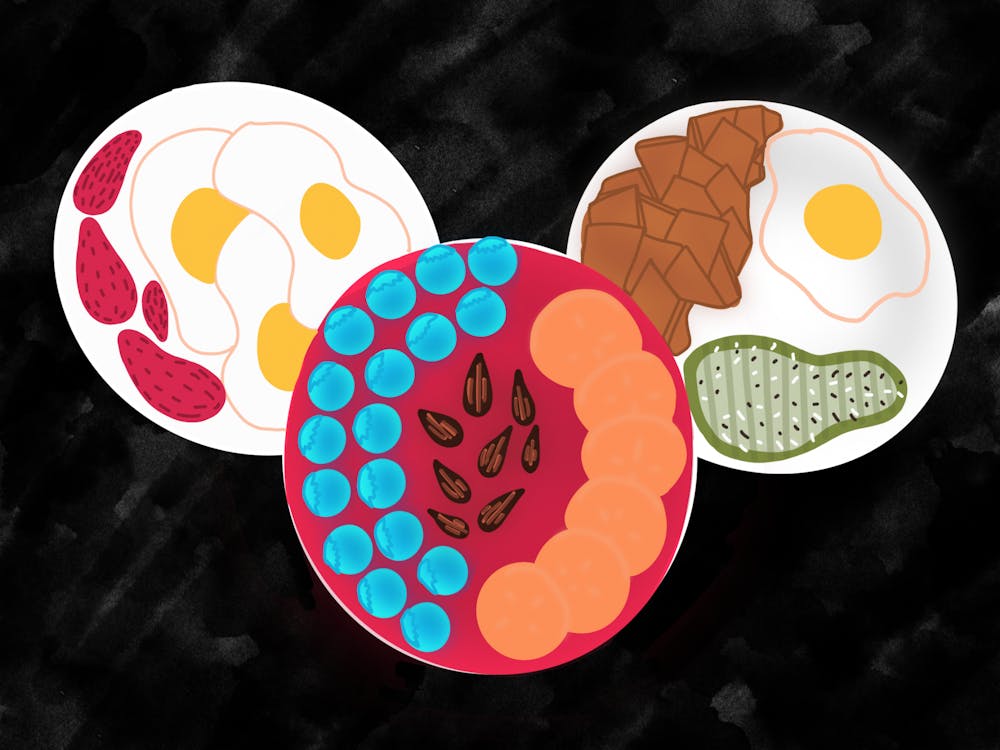Eating disorders among teenagers have been linked more recently to TikTok, as users post content daily consisting of what they eat in a day or the methods they use to lose weight, especially within the first year of the COVID-19 pandemic.
What many don’t realize is just how damaging this is to those on the app that struggle with disordered thoughts and that these kinds of videos can promote an unhealthy standard of living.
Recovering from an eating disorder takes time and healing. While TikTok has promoted many videos that show positive stories of recovery, there are also negative consequences for users being exposed to this content. Alix Timko, a psychologist at the Children’s Hospital of Philadelphia, said in an interview with The Philadelphia Inquirer that these videos can “potentially promote a false understanding of what recovery is.”
This means that someone can give off the impression that they’ve fully overcome their eating disorder, when in reality they are still struggling, which leads to viewers misunderstanding the true nature of dealing with one.
Meanwhile, TikTok also uses an algorithm that makes triggering content pop up more often for users who have never been diagnosed with an eating disorder. As soon as a user watches a video on an eating disorder, they easily fall into a trap of being given more videos similar to the one they just saw, influencing the way users, especially young girls, go about their eating habits.
According to Melissa Harrison, a licensed professional counselor, the algorithm is a reason girls as young as 12 years old admitted to eating behaviors such as purging and restrictive eating, not realizing the damage that comes with these actions. Also, a Wall Street Journal investigation found that TikTok videos included tips about eating less than 300 calories a day, with several only recommending water some days and using laxatives after eating too much. Additionally, TikTok has been known to highlight the falsehoods of dieting, containing videos of weight-loss competitions and body shaming.
As a result of the content found within the app, many adolescents have developed eating disorders largely because of the pandemic forcing them to rely on their phones for entertainment. The Wall Street Journal said that many teens believe the app’s use of non-stop streaming has worsened their anxiety towards food and their self-image.
Currently, many eating disorder treatment facilities have wait lists for young people needing to be admitted. Doctors and therapists have become overbooked with patients as a result of social media during the pandemic. The University of Michigan C.S. Mott Children’s Hospital in Ann Arbor had 125 hospitalizations for eating disorder patients ages 10 to 23 during the first year of the pandemic, which is more than double the mean since 2017.
Since the start of the pandemic, the National Association of Anorexia Nervosa and Associated Disorders (ANAD) said calls to its helplines have risen 50%, with most coming from young people or their parents.
Similar to other forms of social media, TikTok was originally created to post videos and expose individuals’ creativity, but recently has given more attention to mentally damaging topics. It has become a platform where an increasing number of people are comparing their bodies to others, along with their eating habits and mental health. More content is unveiling the societal pressure of maintaining one’s weight and exposing disordered thoughts to adolescents.






